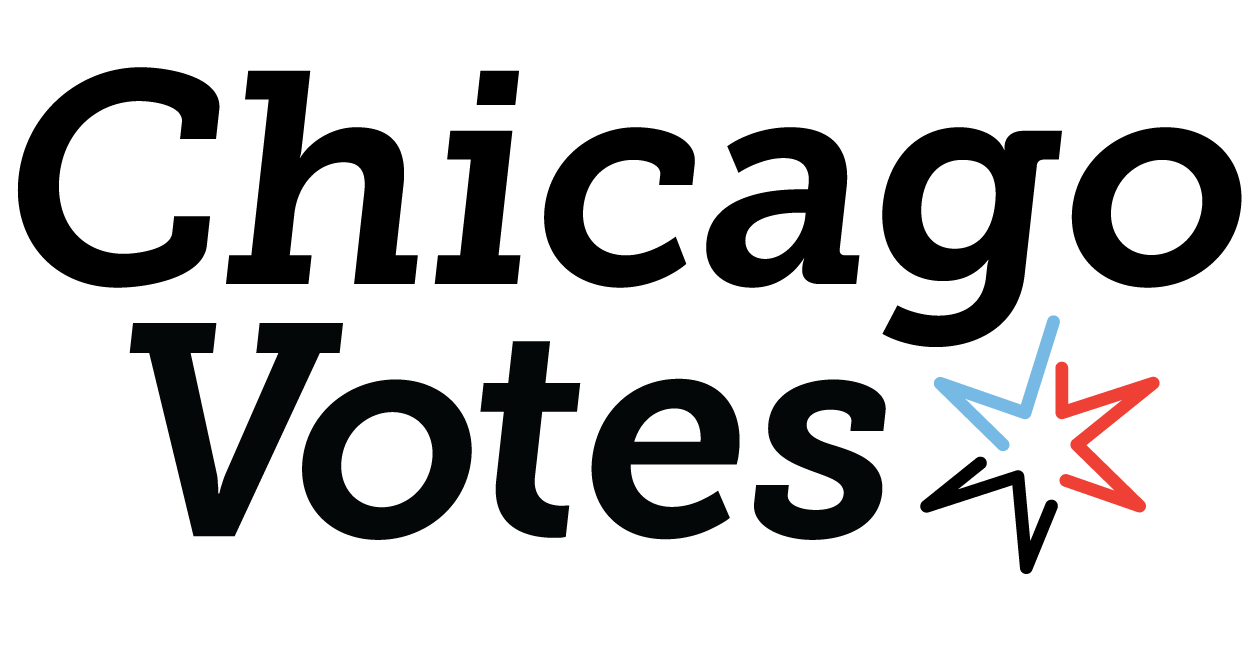By: Stevie Valles
THE TIME HAS COME TO LEGALIZE CANNABIS IN ILLINOIS
For decades black, brown, and poor people have been disproportionately impacted by the War on Drugs. These ‘impacted communities’ have seen their freedoms stripped away because of racist, capitalistic drug policies that terrorize lives. When a person is swept up into the “criminal justice system”, it’s not only an assault on them, it’s an assault on the lives of their families and the livelihood of their community.
Recreational use of cannabis is likely to become a reality this year in Illinois. The Governor has committed to legalizing it and is finalizing the bill with lawmakers now. This is an important step in the process and Chicago Votes is encouraging lawmakers to prioritize the lives of people and communities that have been damaged by criminal convictions related to cannabis.
From policing, education, crime, jobs, housing, to immigration, young people in Chicago directly engage with essentially every societal system. Youth care, we have been impacted, and we have opinions on the issues. People between the age of 18 and 35 (millennials) are the largest voting bloc in Chicago.
As an organization that represents the voice of this demographic, we are taking the stance to ask the Illinois legislature to legalize adult-use cannabis, expunge convictions, and invest revenue back into communities torn apart by the War on Drugs.
1. Legalize Adult-Use Cannabis
We are a long way from Nas’ dream of ‘smoking weed in the streets without cops harassing’ but legalizing cannabis in an equitable way will get us one step closer. When legalized, Illinois will become only the second state to do so by way of legislation; which gives us an opportunity to focus on the issues that matter most to us like, equity (policing, community investment, criminal expungement, employment opportunities, etc.) while the language for the bill, is still being drafted.
Additionally, cannabis has proven health benefits including; chronic pain and stress relief. It also builds community in a similar way that social alcohol consumption does. We can no longer sit by and wait, now is the time for Illinois to lead the country in having the most equitable version of legalized recreational use of cannabis.
2. Expunge convictions and release people incarcerated for charges related to marijuana, and provide employment opportunities for those wrongly convicted.
Now is the time to pass legislation that heals as much pain from the past as possible and invests in the future. The criminalization of people who use drugs has been a vehicle of the criminal justice system for Black and Brown people. Many scholarly arguments have compared the mass incarceration problem in the United States to modern day slavery. We are indebted to the generations of families and communities that have been torn apart. Everyone who has been harmed for a crime related to cannabis should be awarded the following as restoration:
- Criminal record, related to cannabis wiped clean.
- Those who are currently detained should be released immediately from parole, pretrial detention, electronic monitoring and any other form of state-sanctioned monitoring.
- Prioritization by law for employment in the legal cannabis industry including: distribution, growing, security, construction and everything that falls in between.
- Prioritization for loans and distribution licenses.
They deserve a seat at the table in an industry they pioneered.
3. Use Cannabis revenue for investment in impacted communities.
We are living in a “progressive” age where phrases like “community justice” and “equity” are thrown around with little regard for their definitions. We believe that earmarking a majority of the revenue generated from the recreational cannabis industry for communities that have been directly impacted by the War on Drugs is a real example of equity and community justice. The distribution of that revenue should be controlled by community elected boards that are set with a mandate to ensure adequate and transparent distribution of funds. This revenue should not go to pension funds for institutions like the Chicago Police Department.
There is no way to fully atone for the lives lost, the money spent, and the families torn apart by the war on drugs. These recommendations to 1) legalize weed; 2) expunge convictions and release people from incarceration while providing employment, and 3) use cannabis revenue to invest in impacted communities, can help initiate the healing and community restoration that is needed. There is a lot of work to be done and while we are thrilled that weed will likely be legalized this year, we can’t lose sight of the whole picture.
